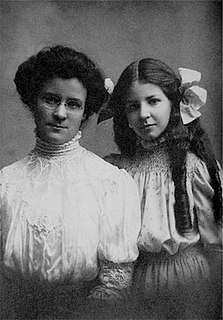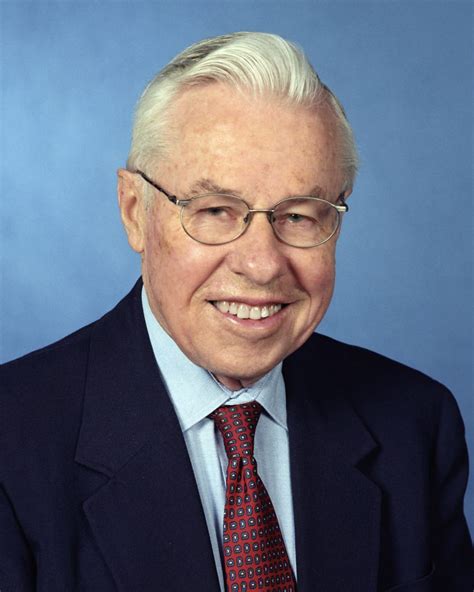A Quote by Donald Knuth
...methods are more important than facts. The educational value of a problem given to a student depends mostly on how often the thought processes that are invoked to solve it will be helpful in later situations. It has little to do with how useful the answer to the problem may be. On the other hand, a good problem must also motivate the students; they should be interested in seeing the answer. Since students differ so greatly, I cannot expect everyone to like the problems that please me.
Quote Topics
Also
Answer
Cannot
Depends
Differ
Educational
Everyone
Expect
Facts
Given
Good
Greatly
Hand
Helpful
How
Important
Interested
Later
Like
Little
May
Me
Methods
More
Mostly
Motivate
Must
Often
Other
Please
Please Me
Problem
Problems
Processes
Seeing
Should
Since
Situations
Solve
Student
Students
Than
Thought
Thought Process
Useful
Value
Will
Related Quotes
In teaching, the other main problem related to type is the students’ interest. Intuitives and sensing types differ greatly in what they find interesting in any subject even if they like, that is, are interested in, the same subjects. Intuitives like the principle, the theory, the why. Sensing types like the practical application, the what and the how.
Solving the population problem is not going to solve the problems of racism, of sexism, of religious intolerance, of war, of gross economic inequality. But if you don't solve the population problem, you're not going to solve any of those problems. Whatever problem you're interested in, you're not going to solve it unless you also solve the population problem. Whatever your cause, it's a lost cause without population control.
Even fairly good students, when they have obtained the solution of the problem and written down neatly the argument, shut their books and look for something else. Doing so, they miss an important and instructive phase of the work. ... A good teacher should understand and impress on his students the view that no problem whatever is completely exhausted.
Cities are never random. No matter how chaotic they might seem, everything about them grows out of a need to solve a problem. In fact, a city is nothing more than a solution to a problem, that in turn creates more problems that need more solutions, until towers rise, roads widen, bridges are built, and millions of people are caught up in a mad race to feed the problem-solving, problem-creating frenzy.
Whether you were talking about Pillsbury, Burger King, Godfather's, the National Restaurant Association, in each one of those situations, I had a daunting problem that I had to solve. And I used the same business principles to approach the problem and, more importantly, solve the problem in every one of the situations.
We academic scientists move within a certain sphere, we can go on being useless up to a point, in the confidence that sooner or later some use will be found for our studies. The mathematician, of course, prides himself on being totally useless, but usually turns out to be the most useful of the lot. He finds the solution but he is not interested in what the problem is: sooner or later, someone will find the problem to which his solution is the answer.
International adoption does not begin to solve the problems of the world's orphaned children. It's truly not the answer. At the same time, it solves a problem for a few. I think it can be a brilliant solution to the problem of adults wanting a child in their lives or wanting more children in their lives and the problem of children who want parents in their lives.





































